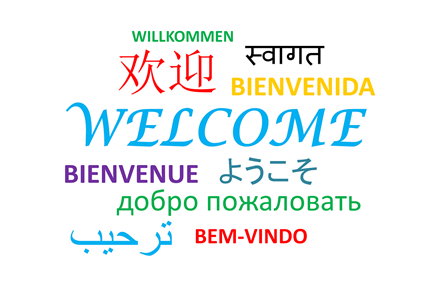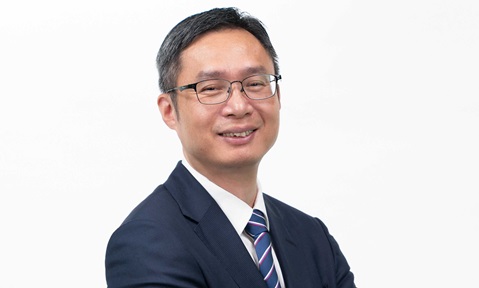Taking the pulse of doctor-patient communication
Empathy may be just as vital as medical knowledge in achieving good clinical outcomes and patient wellbeing.

Empathy may be just as vital as medical knowledge in achieving good clinical outcomes and patient wellbeing, according to scientists and clinicians from NTU’s School of Humanities and Singapore’s Tan Tock Seng Hospital (TTSH).
To determine how well doctors and patients understand and respond to each other, the researchers explored a novel approach called Conversation Analysis, used in disciplines like sociolinguistics and anthropology.
They analysed verbal and nonverbal interactions between doctors and patients in transcripts and footage of videos recorded during 150 first-visit consultations at TTSH’s urology clinics. From the data collected, they were able to identify recurring interaction scenarios and instances of misunderstandings, such as patients expressing fear towards certain procedures.
“We found that in response to patients’ concerns or fears, doctors usually try to provide even more information, for example, by talking about anaesthetics or risks, or by describing the procedure in detail. But this does not reassure the patients, who are looking for empathy, not just information,” says Asst Prof Lim Ni Eng, who led the study together with Prof Luke Kang Kwong Kapathy and Adjunct Asst Prof Png Keng Siang.
“Instead, the doctor could describe how previous patients responded positively to the procedure,” Asst Prof Lim adds.
With these findings, the researchers plan to conduct medical communication workshops at TTSH’s urology clinics.


.tmb-listing.jpg?Culture=en&sfvrsn=6c7b6f1f_1)
.tmb-listing.jpg?Culture=en&sfvrsn=ab6472c8_1)

.tmb-listing.jpg?Culture=en&sfvrsn=a0428bd8_1)
.tmb-listing.jpg?Culture=en&sfvrsn=ffaf2aec_1)
